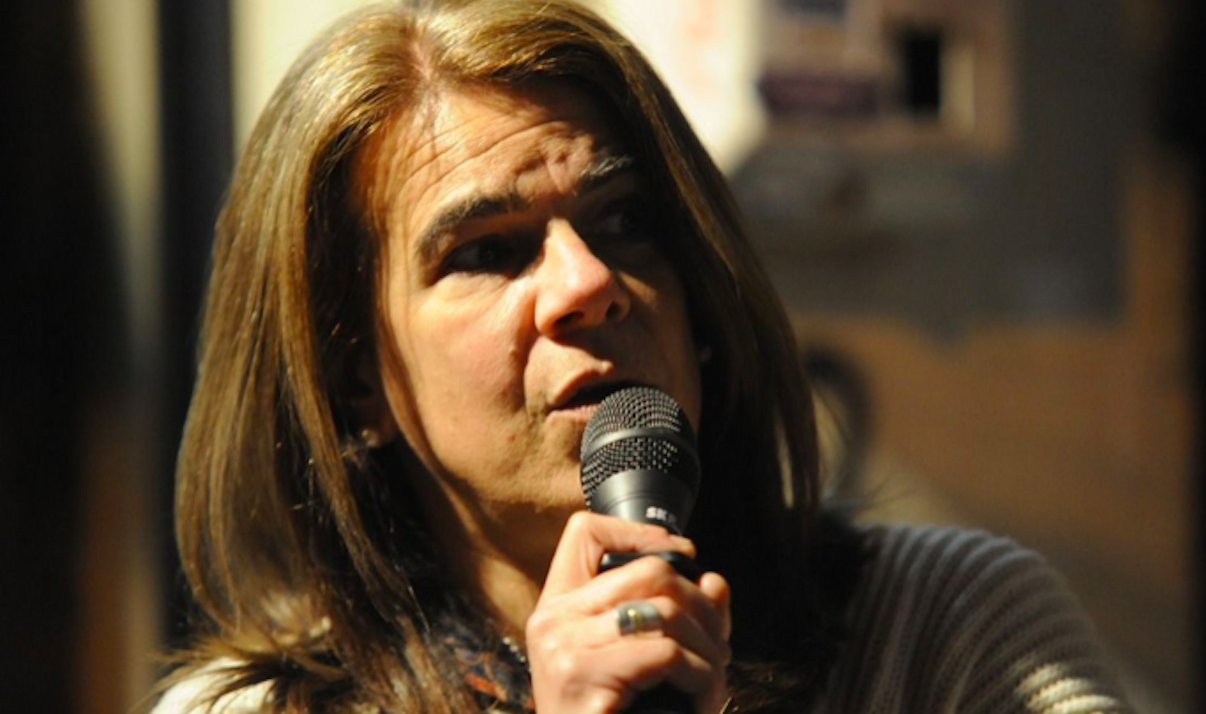Last week, the Special Commission on Human Rights, Equity and Gender resumed the discussion on a bill that seeks to establish “parity” in public elective positions. It seeks to guarantee, in general terms, that men and women can have equal access to these positions through the formation of lists.
In this framework, the president of the commission, Silvia Nane (Frente Amplio) posed a question: why the project —and the terminology in general in similar cases— speaks of “sex” and not “gender”.
Read also: Check out our coverage on Uruguay
The discussion served the legislator to address other issues. In the framework of this Tuesday’s session, Nane appealed to a decision, last year, by the Argentine government to enable the issuance of identity documents for non-binary people. A measure that Chile also took last week.

“I know that regulations are often reactive” admitted the senator in reference to how political management generally works in Uruguay. Nane spoke there of “anticipatory governance”, a term that refers to a series of strategies that allows governments to build capacities, at an early stage, to make decisions.
In the case of the senator, her proposal is to “look forward” and “mainstream” a series of bills that focus on the scenarios that, she said, are coming and that will be a reality in the future. near. “Otherwise, I understand that the debate always fall short, since we are based on what comes from behind,” she warned.
In this framework and consulted by El Observador, the senator indicated her willingness to, in the short term, present an initiative that allows “proposing the debate” so that a law of this type is materialized and that the country eventually enables non-identity binary as an option in public documents.
In Uruguay there are no official statistics or studies that indicate how many are defined as non-binary. In general terms, this describes all those who do not feel identified with the masculine or feminine gender and who build their identity outside of a binary logic in which biological sex coincides with gender identity.
In this regard, the Municipality of Montevideo processes the data from a public survey closed at the end of August, carried out with the aim of achieving an approximation of the non-binary population living in the capital.
According to the commune, the information obtained will provide inputs for the articulation and design of public policies that improve their quality of life. Among the topics included in the survey are gender identity and expression, the use of pronouns, employment status and education, place of residence, access to health services and public spaces and as well as eventual cases of discrimination.
The coordinator of the Diversity Secretariat of the Intendancy, Sergio Miranda, told El Observador that some 800 people participated in that survey. A figure that surprised those responsible for the study, who plan to have “a first cut in mid-December” with the results.
The new National Census that is expected to be carried out in 2023 will also recognize non-binary gender identity as a valid option for those consulted, as announced last year by the Ministry of Social Development.
DON’T DIE IN THE ARCHIVE
To make these and other projects viable, Nane proposed last week that the Commission on Human Rights, Equity and Gender, which she chairs, become permanent. The senator also ratified that she will once again present a draft law —which has been in Parliament since 2009— to collect successive observations that the United Nations made about Uruguay and raise the age of marriage to 18 years.
Nane mentioned another project, presented by Frente Amplio, which proposes classifying the crime of torture. The intention of granting a permanent character to the commission is to avoid what is happening today with this type of initiative, which “will die in the archives.”
Her proposal received the support of her colleagues. Going down to avoid the “death” of certain projects, Senator Sandra Lazo (FA) requested the discussion of a proposal prepared by the Bicameral Women’s Caucus that intends to consecrate a minimum quota of 50% for women and dissidents in the show grid State-sponsored arts.
Gloria Rodríguez (PN) agreed on the need to prioritize the commission and give it its real value. “We are talking about human rights,” she said. “Work, housing and food are human rights, and they cannot be dealt with in a special commission”. The same posture showed Carmen Sanguinetti (PC): “I think it gets a little lagged behind the proposal, but better late than never,” she said.
With information from El Observador

